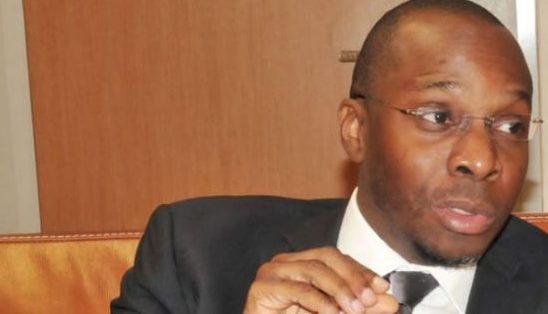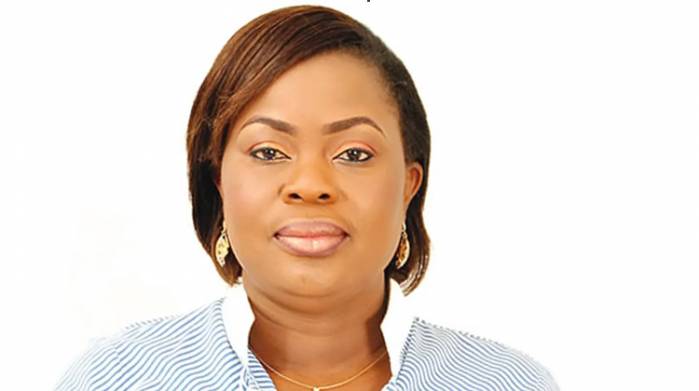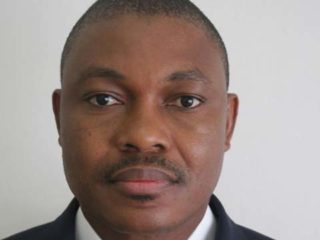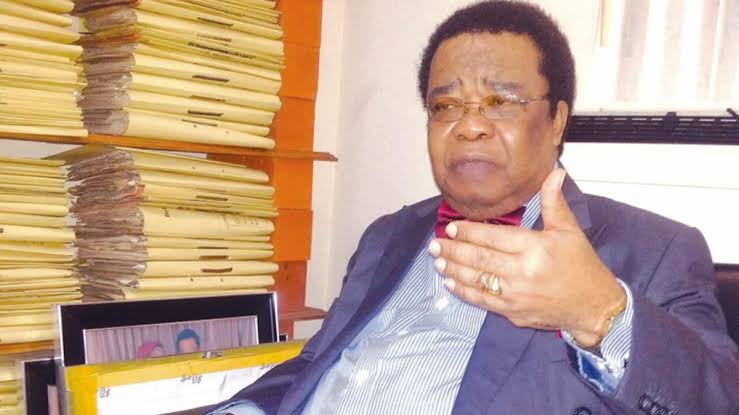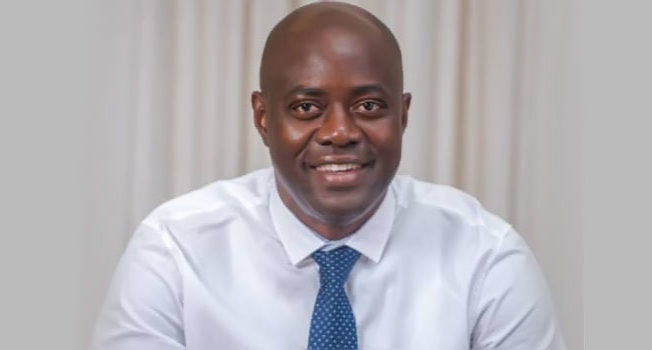Ordinarily, the report that the country’s economy has exited recession should generate spontaneous excitement among hard-pressed citizens. Instead, disbelief stalks the development while controversy continues to define reactions of stakeholders in the economy.
Rather than abate, the controversy triggered by the report intensifies.
According to the National Bureau of Statistics (NBS), the country exited its worst economic recession in over two decades as measurable by 0.55 per cent growth rate in the second quarter of 2017.
The data also showed that economic recovery was driven by improved performance of oil, agriculture, manufacturing and trade sectors of the economy. Since the first quarter of 2016, the report further indicated, the Nigerian economy contracted for five consecutive quarters.
“In the second quarter of 2017, the nation’s Gross Domestic Product (GDP) grew by 0.55% (year-on-year) in real terms, indicating the emergence of the economy from recession after five consecutive quarters of contraction since Q1 2016,” the report said.
It is easy to identify why the country took full lash while recession lasted. The country depends on oil for 70 per cent of state revenues. And this accounts for why 90 per cent of export earnings was battered beyond recognition by crashing oil prices since mid-2014.
The fracture in the economy was inevitable. Tumbling government revenues weakened the currency and triggered dollar shortages which frustrated businesses and households. But instead of encouraging stability in the oil-rich Niger Delta, the government opted for policies that encouraged and exacerbated militant attacks, further slashing oil output and worsening the nation’s economic woes.
The dysfunction triggered a deluge of issues, which piled pressure and rendered tasteless President Muhammadu Buhari’s promise to fight corruption. The seperatist agitation in the South-East; unending killings of farmers by herdsmen in the North-Central; Boko Haram insurgency in the North-East and kidnap for ransom aggregated pressure on the administration to sustain massive public confidence it enjoyed at inception.
The administration desperately needed to restore public confidence. And the NBS forecast of positive growth outlook for the country provided just that. According to the Managing Director of Lagos-based Financial Derivatives, Mr. Bismark Rewane, “you can see that there have been improved performances in non-oil sectors in the second quarter.”
“The prospects for more robust growth are bright. I hope the current economic diversification efforts, which see efforts being given to agriculture and mining will be sustained,” he further said.
Like other analysts who urged the administration to demonstrate greater creativity in policies, Rewane said additional boost to the nation’s economy depended on intensification of on-going truce with Niger Delta militants. “If there are no attacks on oil facilities and production is increased and Nigeria earns more money, the economy will stabilize.”
The foolhardiness in further military action was affirmed after the country’s oil output ramped up to an average of two million barrels per day following negotiations with militants. The figure crashed to an all-time low of 1.3 million in 2016.
Yet, the assurance provided by the NBS report continues to swirl in controversy. President Buhari alluded to prevailing skepticism when he admitted that the only way to convince citizens that the country exited recession was when the report translated into meaningful improvement in the lives of the people.
Speaking in his country home in Daura, Katsina State when he received his Nigerien counterpart, Alhaji Mahamadou Issoufou, President Buhari said he was “very happy’’ to hear that the country finally emerged from recession. He said his job could not be said to have been done until the claim manifested in the lives of ordinary Nigerians.
Like the first citizen, most citizens also greeted the NBS report with disbelief and cautious optimism. Critical stakeholders, including steel and engineering workers, defended their skepticism with the argument that continued closure of 272 factories; sack of 3,000 since 2016 and zero productive activity hardly testify to the exit of the Nigerian economy from recession.
According to Mr Elijah Adigun, National President Steel and Engineering Workers Union of Nigeria (SEWUN), the claim that an economy that produces neither goods nor services has emerged from recession is self-serving. He said this at the union’s annual industrial relations conference and workshop in Lagos. He added that what made the claim hilarious is the fact that governments neither protected local industries from imported inflation nor workers who lost their jobs.
As far as the General Secretary of Textile Union and National Executive Council (NEC), member of Nigeria Labour Congress (NLC), Issa Aremu, is concerned, there is no evidence to show that Nigeria has overcome the economic recession. His position is echoed by Gov. Nyesom Nwike of Rivers State who said he is yet to recognize any improvement in the economy to justify the claim of exit from recession.
According to Aremu, the country can only recover from economic recession with enhanced purchasing power “which is only possible through prompt and adequate payments of over 10 million employed workforce”. He likened Nigeria’s economy to “a big blind economy, which gets excited with a dimmed ray of eye sight”. And urged the country to get ambitious in its quantitative and qualitative growth and development numbers.
According to him, the Federal Government Economic Recovery and Growth Plan (2016-2020) launched last year envisaged 4.6 per cent restoration real GDP growth in 2017. He noted that the “recent token positive growth of 0.55 per cent was a far cry from the planned target”
Aremu, who represents organized labour on the National Wages and Salaries Commission, identified the key to sustainable development as improved labour productivity in both public and private sectors. But such productivity, he said, is only possible with motivated workers at work and after work, through quality pensions.
Besides prompt payment of wages and pensions to the few privileged to enjoy employment, he suggested other options. “Federal Government should ease the cost of doing business as much as it should ease the cost of living.”
Desperate to dismiss overwhelming skepticism over the report like Aremu’s, the Chief Executive Officer of the NBS, Dr Yemi Kale, said the effect will not be felt immediately by the people. The Statistician-General of the Federation defended the report at a press conference in Abuja.
“There is a different stage Nigeria must go through before the masses will feel the effects of the exit from recession. Getting out of recession is the first step, which is very important. Then the country can talk of economic recovery which is going back to where Nigeria was before the recession,’’ he said.
Kale said Nigerians could not feel the impact of the acclaimed economic growth on their lives because the economy remained largely driven by oil. “Recession is not about the price of goods, not whether unemployment is going up or down, not whether you have quality education; it’s purely your gross domestic product. Your outputs of goods and services in the economy are going down and the Gross Domestic Products (GDP) is an accumulation of 46 different economic activities in Nigeria and the overall number,” he said.
In his determination to douse prevailing skepticism, Kale continued: “Whether positive or negative will determine whether you are in recession or out of recession. Within those 46 activities, some sectors will do very well and will be positive, some will do badly, some will do worse and some will stay the same way they are.’’
He insisted that what is important is for the country to maintain the situation so that Nigeria would not relapse into recession. According to him, the country must not relax because the GDP is still on the negative side. And that coming out of recession was not about quality but the quantum of growth.
Denying that the report was a political gimmick, he insisted that the report actually showed that Nigeria exited recession in the second quarter. “It is not political because it is the same bureau that gave other negative data. Things have improved but we are not there yet,” he said.
Critics are adamant that Kale’s re-appointment for a second term inspired a favourable report which ignored fundamental economic contradictions. They allege that evidence of this disregard is his admission that the “country was not there yet” and that “food prices still remained high.’’
